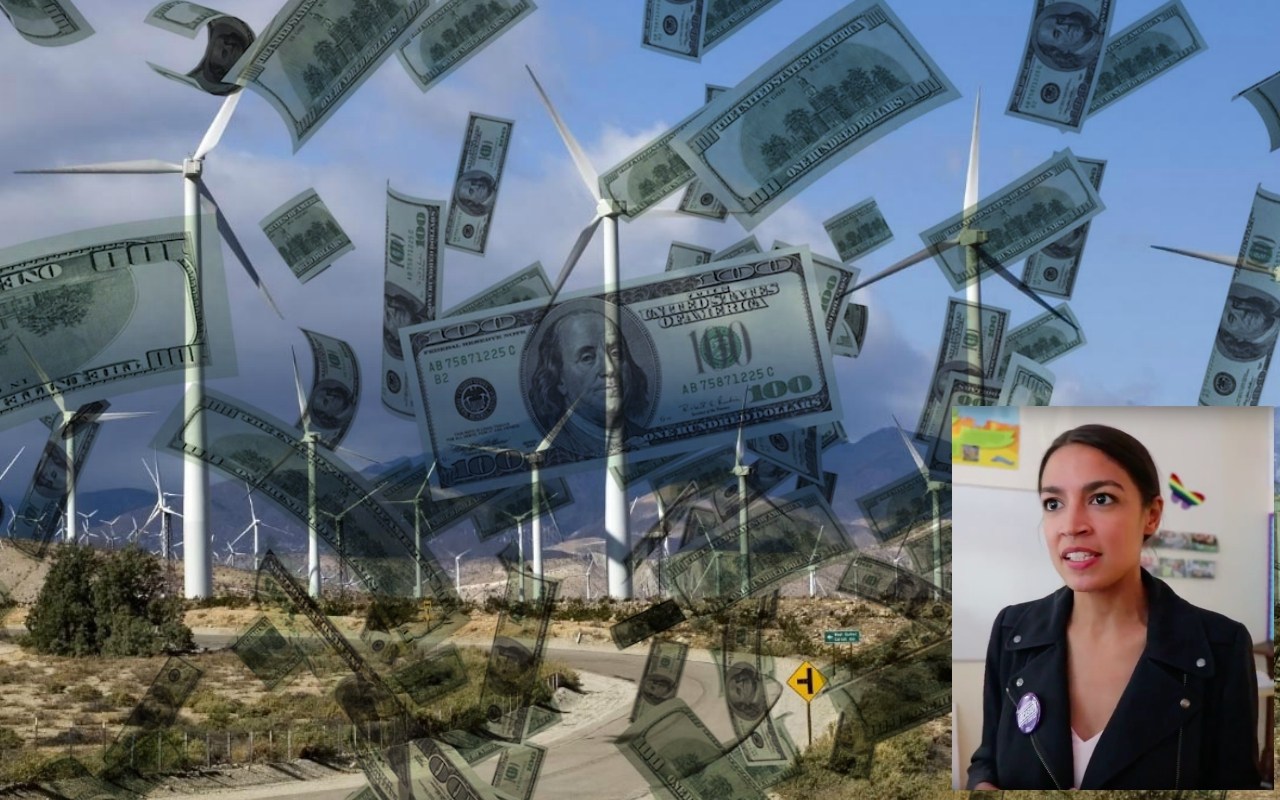INSANELY VULNERABLE: If Russia cuts off supply of enriched uranium to US power companies, America’s nuclear energy reactors will close within a year
06/15/2022 / By Ethan Huff

Former Department of Energy (DoE) Under Secretary Paul Dabbar and Columbia University energy researcher Matt Bowen have published a report warning that America’s energy crisis could soon get a whole lot worse if Russia stops selling enriched uranium to nuclear power plants.
If supplies get cut, they say, then many United States nuclear power generation facilities would be forced offline within a year. The result would be much less energy availability and sky-high prices even beyond current inflation figures.
Nuclear power accounts for more than 20 percent of all U.S. electricity generation capacity, and nearly half of the country’s 56 operational nuclear power plants use enriched uranium imported from Russia, Kazakhstan and Uzbekistan.
Although Russia only mines about six percent of the world’s uranium, it controls about 40 percent of the global uranium conversion market and 46 percent of total uranium enrichment capacity.
Not only would the U.S. suffer in such a scenario, but so would Finland, the Czech Republic, Hungary and Turkey, all of which rely on Russian state nuclear giant Rosatom for uranium mining, milling, conversion, enrichment and fuel fabrication to the construction and servicing of state-of-the-art reactors.
If Russia cuts off uranium to America, the latter will only have itself to blame
Dabbar and Bowen are urging Western leaders to “immediately consider their exposure to Russian nuclear exports and to take steps to reduce it or face another energy shock at the hands of [President Vladimir] Putin,” based on the current situation.
Not only that, but the two also want the federal government to provide assistance and incentives for U.S.-based uranium conversion and enrichment facilities to help rebuild the country’s dilapidated and in many ways failing nuclear fuel supply chain.
The report does not explain why Putin or Russia would make such a move, especially since Rosatom, Gazprom and Rosneft, three major Russian state energy companies, have committed to continuing to deliver on contracts with their commercial partners, all things in Ukraine considered.
The fact that the paper made mention of Putin specifically as potentially making such a decision on a whim suggests that Dabbar and Bowen suffer from Russia Derangement Syndrome, believing that the Russian Federation is out to hurt innocent people rather than focus on its “special operation” in Ukraine.
Back in March, Russian Deputy Prime Minister Alexander Novak did suggest that Moscow was considering a ban on uranium exports to the U.S. in response to the Western power’s sanctions. However, no final decision on the matter has been made since Russia is watching to see how the U.S. behaves first.
If the U.S. and NATO would stop interfering with Russia’s efforts to clean up Ukraine and eliminate the Deep State threat that exists right on its borders, then there would be no further escalation of the situation. Since the U.S. and NATO continue to send weapons and munitions to Ukraine, however, anything could happen.
Perhaps Dabbar and Bowen are correct in their assessment that Russia will respond to U.S. aggression by cutting off the supply of uranium to the country. Should that occur, America will have only itself and its corrupt leaders to blame.
“The U.S. has been dependent on Russian uranium imports since the early 1990s,” reported the Fars News Agency.
“In 1993, then-Vice President Al Gore and Russian Premier Viktor Chernomyrdin signed a 20-year, $11.9 billion deal for the delivery of more than 550 metric tons of highly enriched uranium extracted from scrapped Soviet nuclear warheads. These deliveries wound up supplying about 10 percent of all electricity generated in the United States over the next 15 years, and pumping out over seven billion megawatt hours of energy.”
The latest news about the Russia-Ukraine conflict can be found at Chaos.news.
Sources include:
Submit a correction >>
Tagged Under:
big government, chaos, collapse, electricity, electricity supply, energy supply, enriched uranium, fuel supply, metals, nuclear energy, nuclear fuel, power, power grid, power plants, Russia, uranium, US, World War III
This article may contain statements that reflect the opinion of the author
RECENT NEWS & ARTICLES
COPYRIGHT © 2022 EnergySupply.news
All content posted on this site is protected under Free Speech. EnergySupply.news is not responsible for content written by contributing authors. The information on this site is provided for educational and entertainment purposes only. It is not intended as a substitute for professional advice of any kind. EnergySupply.news assumes no responsibility for the use or misuse of this material. All trademarks, registered trademarks and service marks mentioned on this site are the property of their respective owners.

















